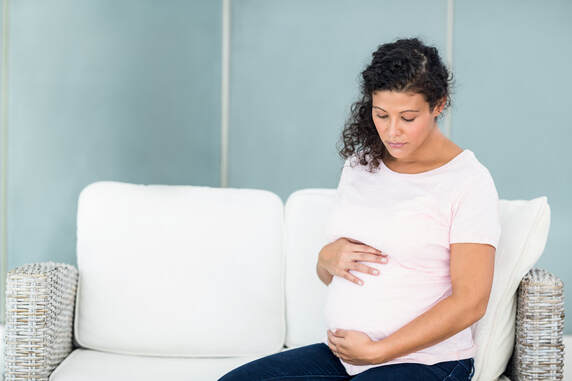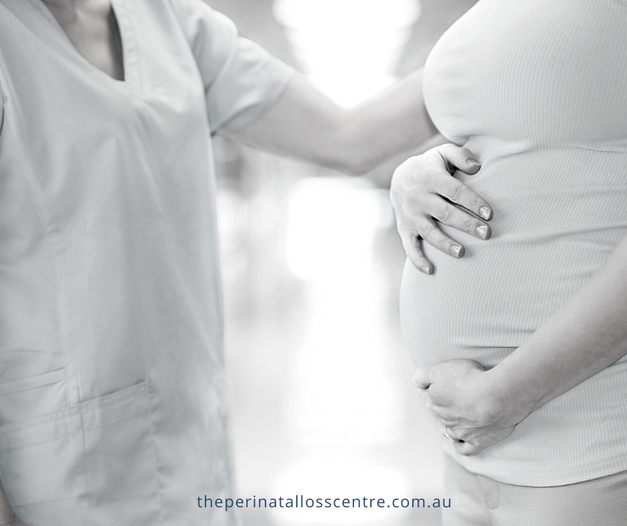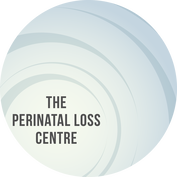The Perinatal Loss Centre
|
Written by Eliza Strauss, Bereavement Midwife, Perinatal Loss Educator & Co-founder The Perinatal Loss Centre, Dr Nicole Highet, Founder & Executive Director Centre of Perinatal Excellence
|
ArchivesCategories |
© The Perinatal Loss Centre 2023
We acknowledge and pay respects to the Elders and Traditional Owners of the land on which we live and work.
Due care has been taken in ensuring the accuracy of the material contained on this website.
The information provided is not intended to replace professional advice.
.Website terms and conditions and privacy policy
We acknowledge and pay respects to the Elders and Traditional Owners of the land on which we live and work.
Due care has been taken in ensuring the accuracy of the material contained on this website.
The information provided is not intended to replace professional advice.
.Website terms and conditions and privacy policy




 RSS Feed
RSS Feed